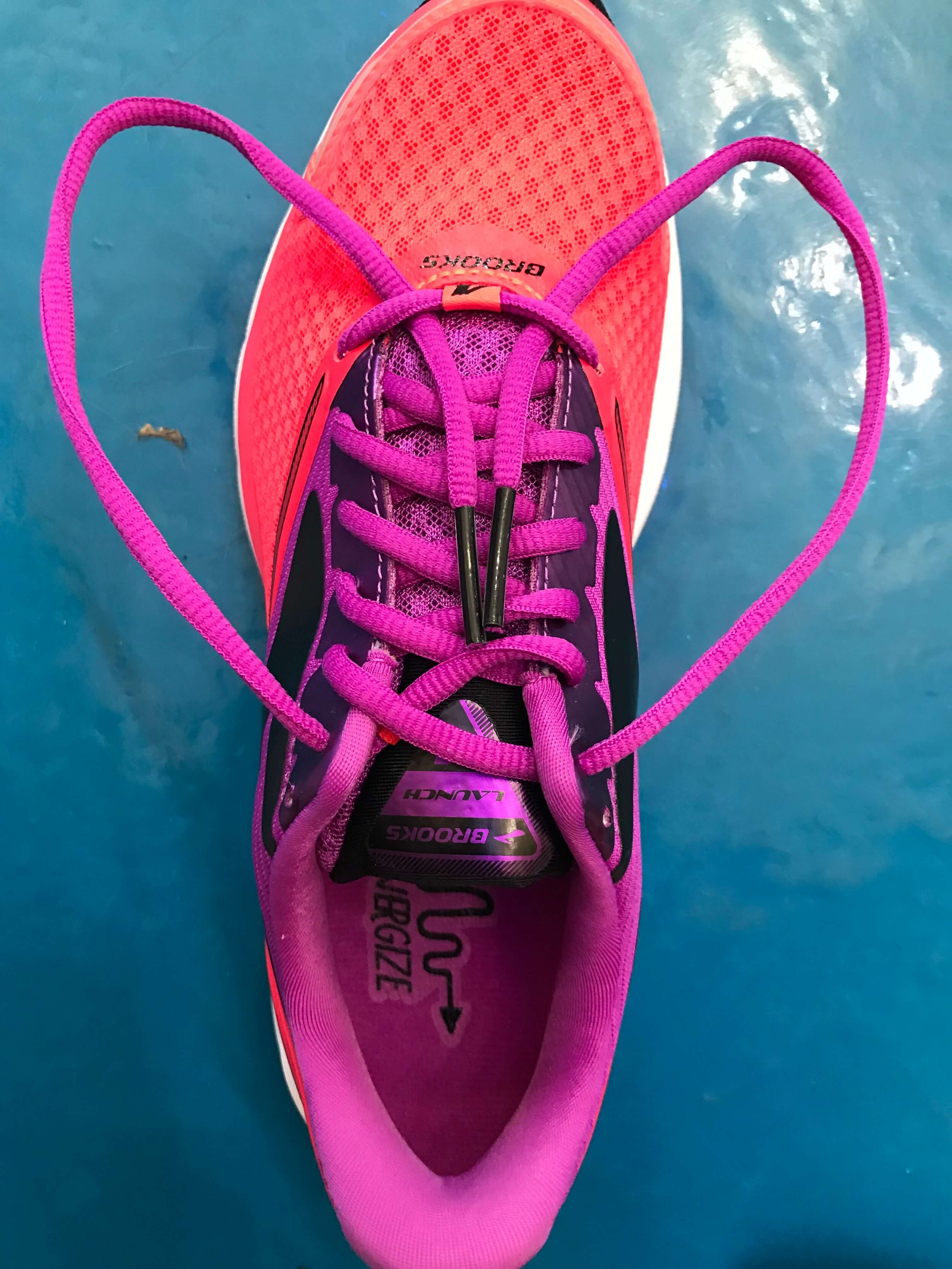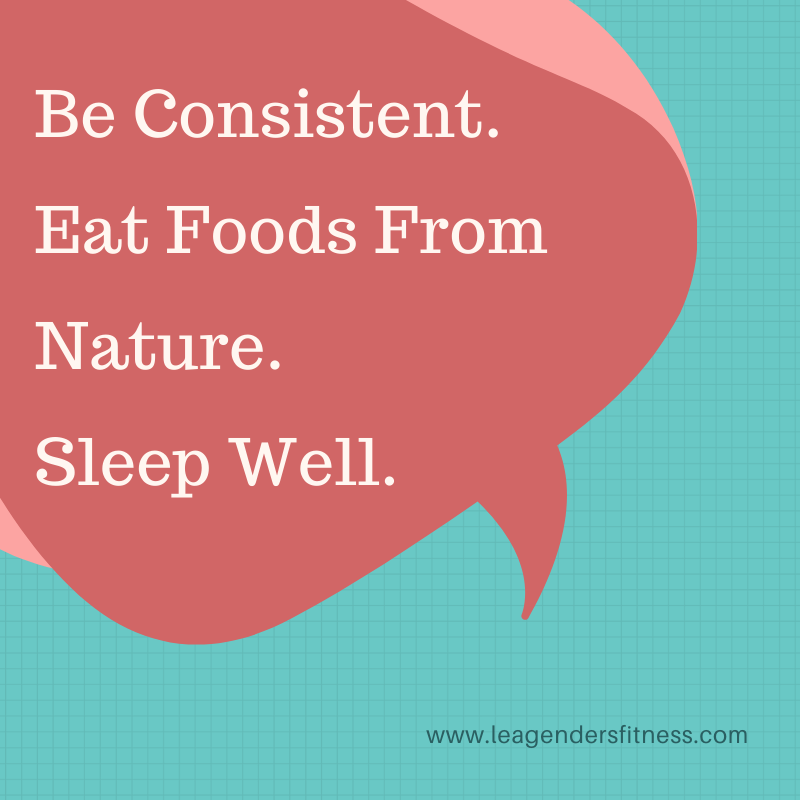Welcome to the latest edition of 52 Healthy Habits, where each week we tackle a new healthy habit. No matter where we are in our fitness journey, small incremental improvements in our lifestyle inch us forward closer to our goals.
The idea behind 10K steps a day is to simply move more. We don't always have to get in a run or a sweat session at the gym. While intense exercise contributes to a healthy body, heart and mind, just focusing on intentional movement goes a long way towards our weight loss or weight maintenance goals.
Total Daily Energy Expenditure (TDEE) is our metabolic rate. This includes our resting metabolic rate (minimum energy we need to maintain vital functions of the body) + physical activity + thermic effect of feeding (energy used digesting and processing the food we eat).
The only thing we can control is physical activity. You can increase your metabolic rate by increasing your activity. This doesn't mean you have to spend four hours in the gym every day (in fact, that may backfire). You can increase your physical activity by moving more intentionally throughout the day. It doesn't replace your weekly sweat sessions, it is in addition to them. This extra energy expenditure gives you a big advantage when working towards weight loss (and maintenance) goals. All the little stuff adds up to big results.
This post may contain affiliate links. That means if you click on a link within this post and make a purchase, I make a small percentage of the sale at no additional cost to you. No one is getting rich here, it just helps with the running (pun intended) of this blog. Thank you for your support.
Why 10 steps?
The American Heart Association recommends 10K steps a day for heart health, but it shouldn't be 10K or nothing. If you have a tracker (I have a FitBit) then measure your daily steps for three days, take the average of the three days, then add 3000 steps to that as your beginning goal.
For example, if you walk 3000 steps on Monday, 4500 on Tuesday and 5000 on Wednesday, your daily average steps are 4166. Your starting step goal would be 7166. Once you are consistently hitting that goal, you can up it again by 3000 steps.
If you don't have a fancy tracker, don't let that stop you. You can get an inexpensive pedometer or just add intentional movement into your day (without tracking). It can make a big difference, even if you don't know exactly how many steps you took.
Strategies to Increase Daily Steps
1. Park farthest away from the entrance at work, school, grocery store and the gym. it drives me crazy to see people fighting for close parking spots at the health food stores or at the gym.
2. Return your shopping cart all the way back to the store rather than leaving it in the parking lot port.
3. Take the stairs whenever possible.
4. Use the restroom at work or school on another floor.
5. Always walk the the long way around.
6. Visit your co-workers at their desk instead of calling or emailing.
7. Pace when on the phone.
8. Walk during breaks at work or school.
9. Set reminders on your phone or computer to take short hourly walk breaks.
10. Take a walk after dinner (or in the morning, or at lunch).
11. Walk your dog (or borrow one).
12. Commit to only look at social media when walking (man, you'd be walking ALL THE TIME). I learned this one from Carla Birnberg.
13. Walk in circles around your house or walk in place like a crazy person until you hit your goal. (Not that I do that...as far as you know.)
I work to walk 10K steps a day every day. It's one of my bare minimum goals for the day. Even if I don't get anything else accomplished, I usually get in my steps. The only exception is when I am sick or injured. Like anything else, you don't want to take it to the extreme. Our goal should always be healthy body and mind.
While I love my FitBit Check out my post on the potential downfalls of activity trackers.
Like this post? It helps me when you share.












Discover the 5 stages of fitness progression—from building the habit to optimizing your routine. Learn how to stay consistent, make progress at your own pace, and create a sustainable fitness lifestyle without the pressure of perfection.